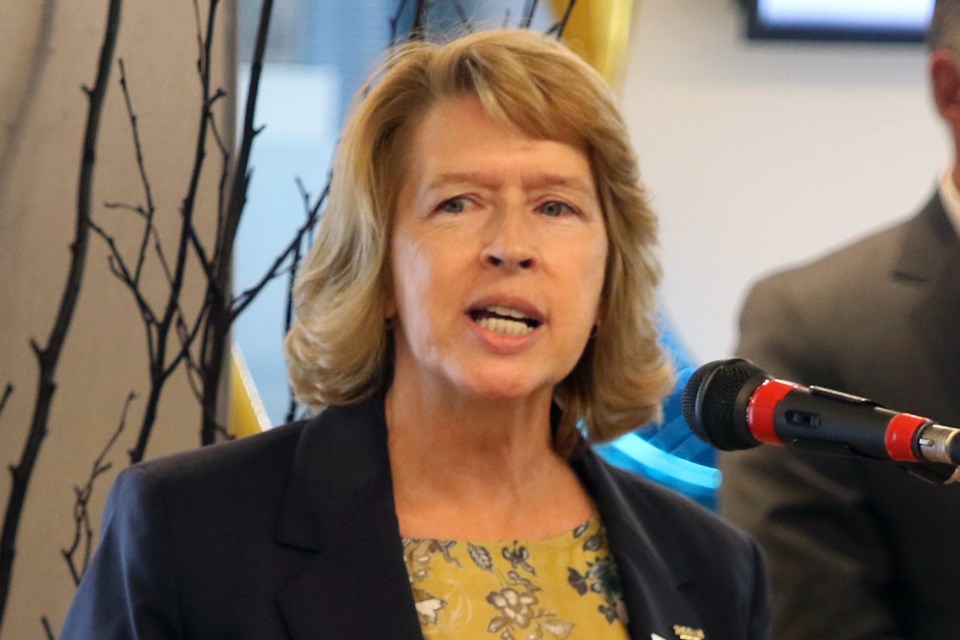THUNDER BAY -- Lakehead University leadership is vowing to reach out to both the Indigenous and non-Indigenous communities to build a path forward following claims of systemic racism made by outgoing law school dean Angelique EagleWoman.
The university issued a joint statement Wednesday by interim president Moira McPherson and board chair David Tamblyn, which said the school is committed to access and equity for Indigenous students.
"We need to address the reality that systemic racism exists throughout society, and that despite our efforts, Lakehead University is not immune," the statement reads.
"Our University is committed to understanding and to addressing systemic racism while creating the conditions whereby everyone can flourish. We must engage in safe, open conversations that result in positive change."
EagleWoman, who was hired in 2016, was the first Indigenous woman to lead a faculty of law in Canada. She submitted her resignation earlier this month after just two years on the job.
“From the very beginning of my tenure as dean, I felt there were certain staff and faculty members that were very resistant and over time I began to see the systemic racism and called for cultural competency training within the faculty of law,” Eaglewoman said at a news conference on Tuesday.
“Then I began to experience from senior administration didn’t see it the same way and weren’t going to support me in those efforts.”
In addition to serving as dean, EagleWoman was responsible for teaching all mandatory Indigenous law courses, she said.
McPherson said the university does not require deans to teach.
"Deans are never assigned teaching workload. In occasional circumstances, deans will request to teach a course or take over part of a course," McPherson said in an interview in the afternoon.
"All I can say is if there is an emergency in any faculty - these things happen, we are a big institution and we have people that go off on leaves suddenly- then the dean works to find someone to cover that course. There are unusual circumstances where if they have not been able to find someone to cover that course they choose then to take that course on."
McPherson said the law faculty had two Indigenous academic members, including EagleWoman, who have left the university. The other left last year to accept what McPherson called an exceptional offer at a prestigious law university.
"Currently we are interviewing tenure-track faculty and in fact we're currently interviewing Indigenous candidates for these positions," McPherson said.
First Nations leaders, including Fort William First Nation Chief Peter Collins, have called on the university to commit to hiring an Indigenous dean as a successor and to launch a full independent review into the allegations and claims raised by EagleWoman.
“I think that is a couple of steps in the right direction,” Collins said. “Talking about truth and reconciliation, they are a school who are supposed to be teaching that to our people and other First Nation communities and non-Aboriginal communities so that they understand the traumatic issues that we’ve dealt with over the years and over generations.”
The university statement said they will not be commenting specifically on EagleWoman's resignation as it is a human resources matter.
